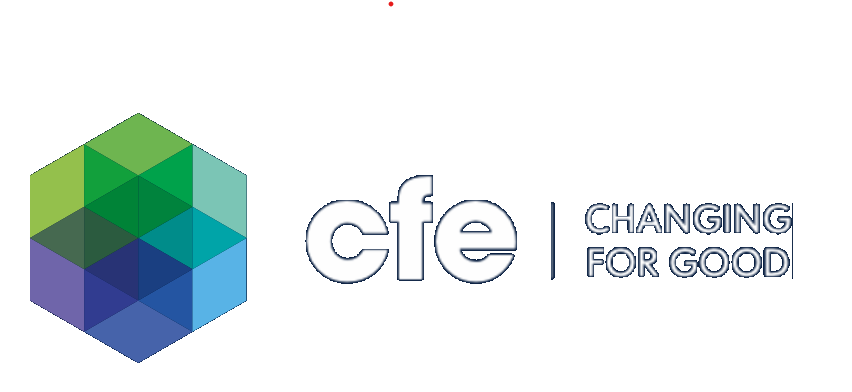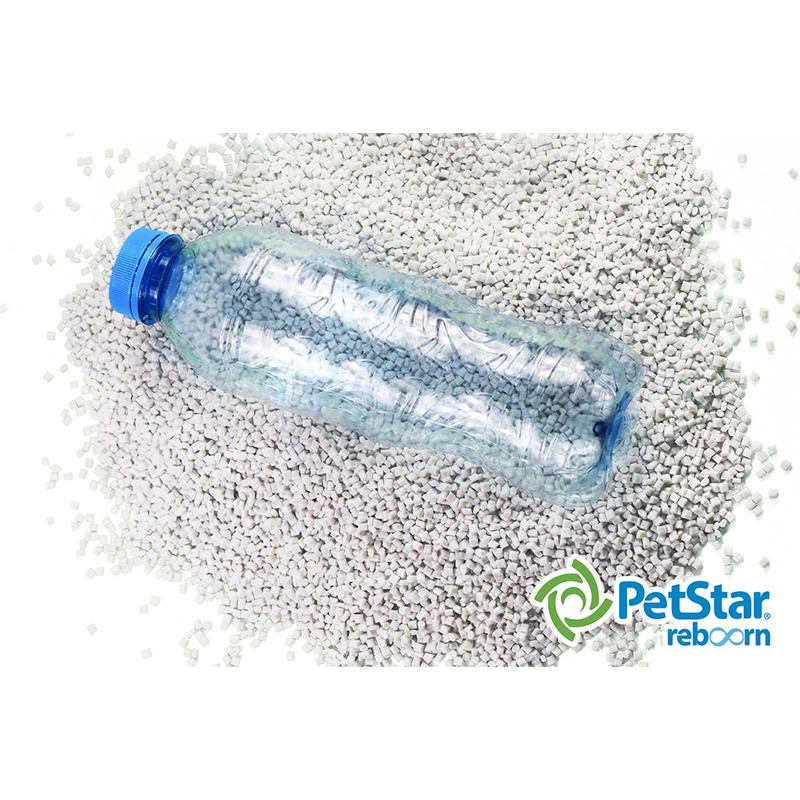CFE Group
Client
Belgium, Europe
Brussels' ZIN Project: The European benchmark for circularity in construction


October 2022 – July 2024 · Industry & Electronics, Consumer products, Agri-food · Worldwide, North America, Mexico
PetStar, a Mexican company leader in PET bottle recycling in the world, is committed to sustainable practices and corporate responsibility. As part of their ongoing efforts to enhance their environmental and social performance, PetStar pursued full Cradle to Cradle certification, a globally recognized standard for safe and sustainable products. Achieving this certification posed unique challenges due to the complexities of operating in a high-risk country. Sustenuto partnered with PetStar to overcome these challenges, providing strategic support and expert guidance throughout the certification process.
The PET bottle recycling industry faces a paradox: while recycling is crucial for reducing plastic waste and mitigating environmental impact, the process itself can pose environmental risks. These include air pollution, water contamination, and high energy consumption if not managed properly. In countries with lax environmental regulations, these risks are exacerbated, making it essential for companies like PetStar to go above and beyond local requirements to ensure sustainable operations.
On the social front, the recycling sector often involves vulnerable populations working under informal conditions. These workers, particularly those involved in the collection of PET bottles, may face exploitation, child labour, unsafe working environments, and inadequate wages. Addressing these human rights issues is critical for any company aiming to achieve a comprehensive sustainability certification like Cradle to Cradle.
Operating in Mexico, a country classified as high-risk for environmental and social issues, presented PetStar with significant hurdles in their journey toward Cradle to Cradle certification. The local governmental regulations on air and effluent pollution were insufficient to meet the stringent criteria of the Cradle to Cradle framework. To address this, their manufacturing process environmental performance has been compared to worldwide leading standards.
PetStar is integrated into the supply chain of the Mexican Coca-Cola Industry, incorporating an average of 38% recycled resin and 100% in millions of containers, contributing to the sustainability of PET. Thanks to the commitment of its Shareholders, PetStar has The World´s Largest Food Grade PET Recycling Plant, led since 2011 by Arca Continental, Coca-Cola de México, Bepensa Bebidas, Corporación del Fuerte, Grupo RICA, Grupo Embotellador Nayar and Embotelladora de Colima, being a 100% Mexican company that generates more social, environmental and economic value.
Moreover, the recycling industry in Mexico is fraught with well-known human rights risks, particularly further down the supply chain. These risks include poor working conditions, exploitation, underaged workers, and lack of formal labor agreements. Recognizing these challenges, Petstar has been proactive in controlling these risks, extending their oversight to Tier 2 and indirectly Tier 3 suppliers by formalizing business relationships with collection partners.
Sustenuto played a crucial role in helping PetStar navigate these challenges and achieve Cradle to Cradle certification. Throughout the approach our service included:
Benchmarking Against International Standards:
We compared PetStar's manufacturing practices with leading international environmental regulations, identifying gaps and opportunities for improvement. This benchmarking provided PetStar with actionable insights to enhance their processes, particularly in air and effluent pollution control.
Supporting in Developing Structure and Procedures for Data Management:
Recognizing the complexities of managing vast amounts of data in a high-risk environment, we advised PetStar in finetuning structures and procedures for data management. This involved creating systematic processes to collect, verify, and analyze data from their supply chain and final manufacturing location, ensuring that the information is accurate, comprehensive, and aligned with Cradle to Cradle certification requirements. By enhancing their data management capabilities, PetStar is now better equipped to monitor and transparently communicate on its sustainability performance. Examples thereof are the focus on Chain of Custody documentation, and providing evidence on post-consumer PET bottles.
Enhancing Data Quality and Assessment:
Although PetStar has been actively addressing environmental and social issues for many years, our collaboration helped them fine-tune their assessments and improve the quality of data collected. This enabled a more accurate evaluation of their sustainability performance and informed the updating of their policies and action plans.
Developing a Strategic Roadmap for product sustainability, final manufacturing locations and responsible operating in the supply chain:
Using the insights gained from the Cradle to Cradle framework, we worked with PetStar to develop a comprehensive strategy focused on three key areas: energy, water, and social fairness. This strategy provides PetStar with a clear roadmap for ongoing improvement and ensures that their operations continue to align with the highest standards of sustainability.
Through our partnership, PetStar successfully achieved full Cradle to Cradle certification with the highest possible achievement in product circularity, demonstrating their commitment to environmental and social responsibility. The certification process not only validated PetStar's existing efforts but also provided them with a structured approach to further enhance their sustainability practices.
The insights gained from benchmarking against international standards have led to tangible improvements in PetStar's environmental performance, particularly in managing air and water pollution. Moreover, by increasing the quality of the human rights risk assessment, PetStar has new insights to further strengthen its supply chain, ensuring that social fairness is prioritized alongside environmental sustainability.
The collaboration between PetStar and Sustenuto underscores the importance of rigorous standards and continuous improvement in achieving sustainability goals. In a high-risk country like Mexico, where environmental regulations and social issues present significant challenges, PetStar's dedication to Cradle to Cradle certification is a testament to their leadership in the PET bottle recycling industry.
By addressing both environmental and social challenges head-on, PetStar not only ensures the safety and sustainability of their products but also sets a benchmark for the industry. Their journey towards Cradle to Cradle certification highlights the value of strategic partnerships and the importance of aligning business practices with global standards for a better and more sustainable future.
Read all their sustainability commitments, initiatives and sustainability reports on the website or have a look at their Cradle to Cradle Certified Bronze V4.0.

CFE Group
Client
Belgium, Europe

The LYCRA Company
Client
Worldwide, Europe, United Kingdom, The Netherlands, Portugal

Sweillem Vitrified Clay Pipes
Client
Egypt, Worldwide
